 One of the most unique advantages of building a digital presence with WordPress is that you can quickly enhance your WP website’s functionality using applications called ’plugins’.
One of the most unique advantages of building a digital presence with WordPress is that you can quickly enhance your WP website’s functionality using applications called ’plugins’.
About Plugins
Like most people, you probably have a mobile phone. What happens when you want to access something new on your phone like a new application, software or a productivity tool?
Why, simple … you download and install an app!
An app is a little software that is very simple and easy to install and instantly integrates new functionality into any smart phone.
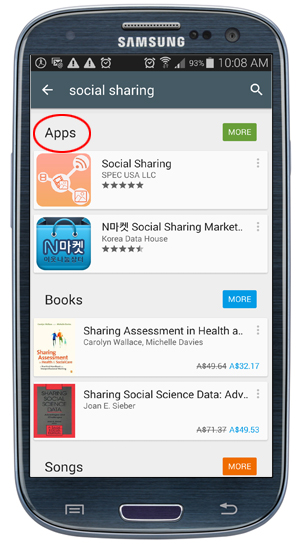
(Just as you can find social sharing apps for smart phones …)
A plugin is like an app. You install and activate a software application that adds new functionality to your site …
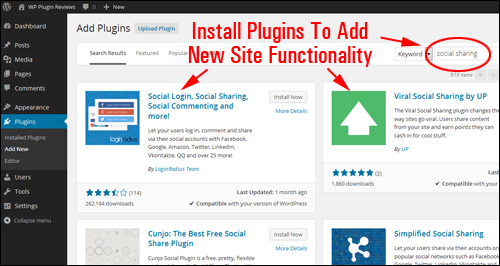
(… you can also find social sharing plugins for WordPress sites!)
Almost always, expanding the functionality of an existing web site involves additional cost. Depending on the complexity of the feature or enhancements, this could get quite expensive, especially if website developers need to create new code or modify templates or install scripts that integrate with your current set up.
This is also applicable to setting up a website or business blog. Business owners tend to pay up front for additional components they probably will never need.
To minimize expenses, we suggest a sustainable strategy when developing a web site and WordPress plugins are ideal for helping you achieve this.
Imagine if you could:
1) Start simply and inexpensively. Get a web presence up and running quickly, then …
2) As new features are needed, simply install new applications with a few clicks of the mouse directly from your WP administration section, giving your site a whole new and expanded range of possibilities, and also …
3) Cost not a single cent extra to download and install on your web site?
Well, that’s just what a WordPress plugin allows you to do!
Plugins – Benefits
I started this post by comparing plugins with apps. Just like many apps are free to download and some may cost a little money, the same applies with WordPress plugins.
In fact, many useful plugins are available at no cost to users.
Plugins that you buy are called “Premium” plugins. The good news, is that when compared to the price of hiring a professional web developer to get similar features and functionality on your site, most Premium (i.e. paid) plugins are generally quite inexpensive.
Also, since WordPress makes its source code publicly available, anybody can create, edit and customize any portion of the WordPress code. This has allowed thousands of professional web developers to build more new plugins that expand the WordPress software than you can probably imagine.
- WP plugins let you get started with a simple yet professional web site and then add new features and enhancements to your site if required.
- Plugins allow you to add practically endless features to your web site easily and inexpensively.
- Plugins give your online business presence virtually unlimited expanding capabilities.
- WP plugins allow business owners to own a digital presence that they can manage themselves.
- Most plugins normally work “right out of the box” and only require to be installed and activated to give your site instant new enhancements and features.
- Some plugins offer more extensive features and may need some configuration.
WP Plugins – Powerful, Flexible … And (Many Are) 100% FREE!
Like themes, thousands of great plugins are currently available to WP users … for FREE!
You can download thousands of plugins from the Free WP Plugin Repository …
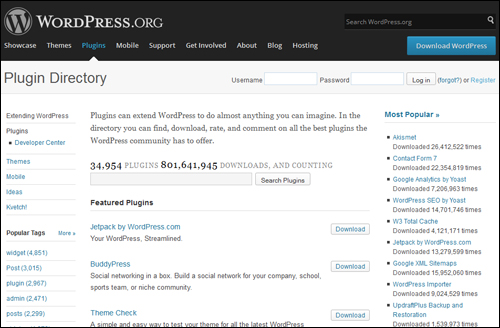
As previously mentioned, you can find plugins that can do just about anything you could possibly need a website to do.
Plugin categories cover:
- Site Management
- Content Distribution
- Traffic
- Visitor Interactivity
- Social Media
- Inserting Media Files – Videos, Graphics & Images, Podcasts, Multimedia, etc.
- e-Biz And Online Sales Automation
- Improving Sales Conversions And Lead Generation
- Data Monitoring & Reporting Applications
- Website Security
You can add features to your business online presence with plugins such as:
- Contact forms
- Polls and quizzes
- Surveys
- Managing banners
- E-commerce (from setting up single-item sales with PayPal buttons, to complete e-commerce with online shopping carts, payment processing, recurring billing, coupons, etc …)
- Social sharing buttons
- Membership sites
- List-building subscription forms
- Sales workflow
- Mobile conversion
- Improving your website’s Search Engine Optimization
- Image galleries (including rotating images, lightboxes, etc.)
- Customer feedback forms
- Language translation plugins (e.g. you can instantly change all content on your site from English to Norwegian)
- Statistical reporting (e.g. number of visitors, pages visited, keywords searched, etc.)
- Custom navigation
- Customer engagement – contest, live chat, currency conversion, etc.
- Offline storage management
- Faster page loading
- Event management
- Niche directories
- Automatically sell and manage spots on your website
- Set client appointments and reminders
- Manage reservations and bookings
- Detect broken hyperlinks and send you reports
- Redirect URLs
- Monitor what other sites are posting about your business
- Make your pages available for printing or downloading as PDF
- Add sitemaps
- Exclude pages from displaying on areas of your site (e.g. site maps, feeds, etc.)
- Protect content on your posts and pages
- Import content from non-WordPress applications
- Search and replace data
- Block SPAM
- Customize guest discussions (e.g. displaying Facebook discussions)
- Inserting code and script elements into your content
- Add and format tables
- Display animated graphic elements and advanced content formatting options
- Create and manage QR codes
- Improve Google search
- Add a map
- Publicize your posts automatically on social networks like Facebook, Twitter, LinkedIn, StumbleUpon and many others
- Display countdown timers (for expiring offers, discount coupons, etc …)
- Display personal greetings, timed offers, etc …
- And so many other features!
As you can clearly see, WordPress plugins give you endless business scalability. If you are planning to build a website or blog for your business, or your existing website isn’t powered by WordPress, then consider using it in the future.
In case you’re still wondering about the power and flexibility of using WP plugins, let’s take a look at how you can benefit instantly by installing a plugin on your website.
For example, if you want content protection, you can install plugins to make an area of a page or post inaccessible, or create a professional paid membership site with separate login details for users …
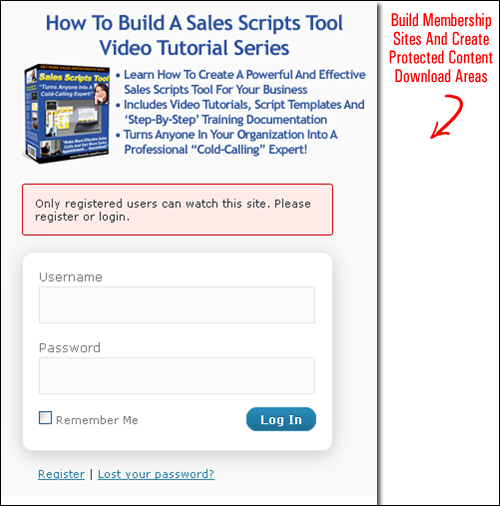
As mentioned previously, free plugins can be used to improve your site in lots of different ways. From installing new features that enhance your business, your web users’ experience and your understanding of what is taking place on your site …
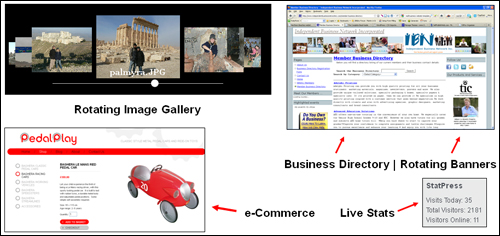
To extending your site’s visibility across many social sites and search engines …
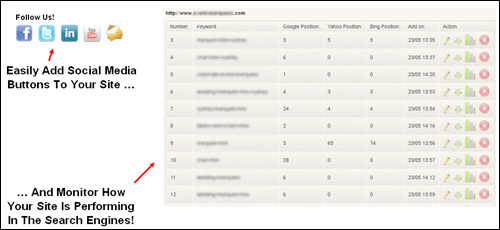
You can also add advanced features to your site using relatively inexpensive paid plugins. For example, you can purchase plugins that automate processes on your site such as user feedback and event registrations management …
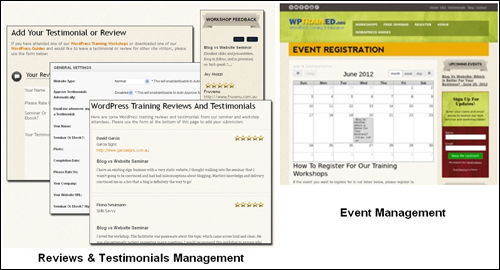
And also run a custom-branded bookings and reservations system online … all for a small fraction of the cost of hiring web developers to code the same applications for you …
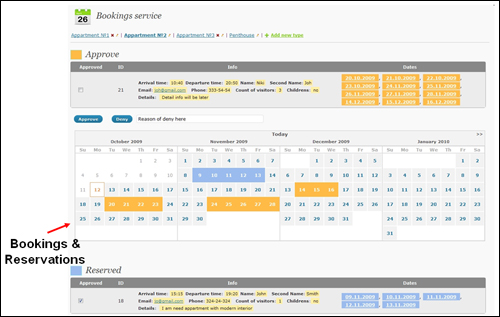
Additionally, you can take advantage of native WP commenting features and plugins that can make your site even more interactive …
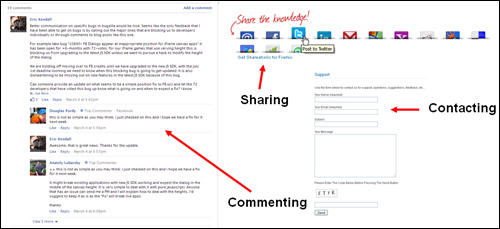
For example, your web visitors can easily:
- Leave comments on your site (which can turn into online discussions) using either the built-in WordPress commenting function, or integrated Facebook comments (which then get displayed throughout a visitors’ Facebook pages, providing you with added exposure).
- Bookmark your content on social media.
- Contact you using contact forms
- Engage online directly with your support staff via online forums or even set up a private community on your domain.
- Engage with your staff via live chats
- Call your business from their devices while visiting your site
- Open a support ticket
- And so much more …
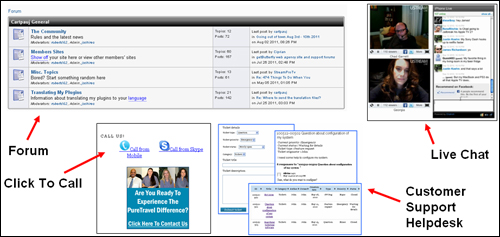
Finally you, can also integrate sophisticated enterprise solutions within a WordPress “front end”. This lets you control your business marketing, while your third-party application handles the technical functions …
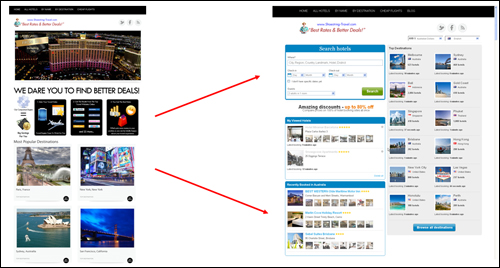
Some Useful Things You Should Know About Plugins
- There are loads of plugins to choose from. Be careful not to overload your site with an excessive amount of plugins, as this can invariably affect your site’s resources and page loading speed. It can also create more maintenance work for you as a result of possible conflicts and errors.
- Only keep the plugins that you really use. Delete any plugins from your site, as these use extra resources.
- Many free plugins often receive little to no support from the plugin author. When considering paid plugins, we recommend that you check around a little and see what kind of reputation the developer has when it comes to offering support, updates, new features, etc. Be sure to check our WordPress plugin recommendations for additional information.
- If you see that a plugin has not been updated for a while (e.g. two years), then think carefully before installing it. The WordPress platform updates regularly and older plugins that have not been updated can cause problems.
- Make sure to always upgrade your plugins. Older plugins not only can cause errors and conflicts, they may also have security vulnerabilities that can be exploited by hackers and malicious software.
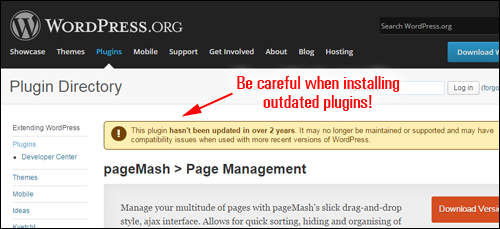
As you can see, WordPress plugins are an important feature of WordPress and contribute to making it the most used content open source software in the world. Plugins also provide WordPress users with an easy, simple and inexpensive way to expand without having to spend thousands of dollars on outsourced web development.
One last thing about plugins:
Whatever feature you need for your website, you can guarantee that a someone has probably already authored one that will do exactly what you need, and that it can either be downloaded at no cost, or if it’s a paid plugin, that the cost will be surprisingly affordable.
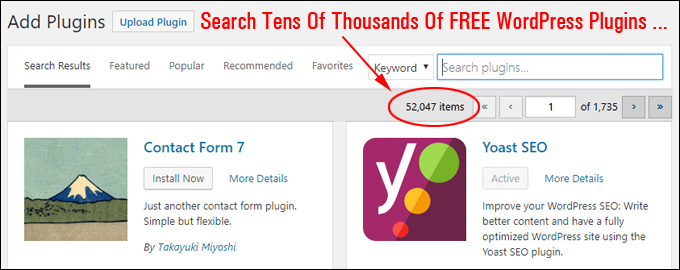
(Whatever you need done, there’s a WordPress plugin for that!)
And, if by any chance such a WordPress plugin has not been created yet, then one can most certainly be written for your business at a reasonable cost.
Hopefully, this article has given you a better understanding of plugins – what they are and how they can to improve your web site. See our related posts to learn about more popular WP plugins that we recommend using.
***
"If you're new to WordPress, this can stand on its own as a training course and will stay with you as you progress from beginner to advanced and even guru status." - Bruce (Columbus, Ohio)
***